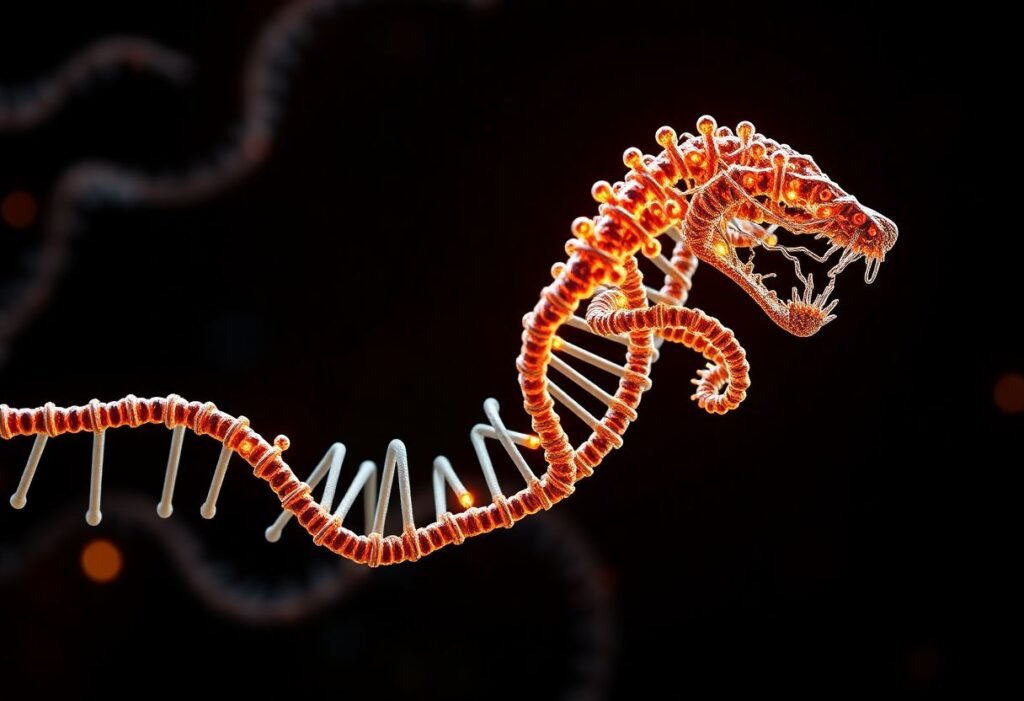The role of genetic engineering in evolutionary biology is pivotal for innovation, driving advancements that reshape our understanding of life and its potentials.
The Intersection of Genetic Engineering and Evolution
As we delve into the relationship between genetic engineering and evolutionary biology, we discover how manipulating the genetic makeup of organisms can enhance evolutionary outcomes. This intersection allows scientists to engineer traits that promote survival and adaptation, ultimately paving the way for a more profound understanding of evolutionary processes. By integrating the precision of genetic modifications with the principles of evolution, researchers can observe real-time changes within populations. This not only provides insights into the adaptability of species but also fosters innovation in areas like agriculture, medicine, and conservation.
Innovations in Agricultural Biotechnology
One of the most significant impacts of genetic engineering is the transformative effect on agriculture. Through biotechnology, we can create crops that are resistant to pests and diseases, require fewer resources, and yield higher harvests. This innovation leads to greater food security and demonstrates the practical applications of evolutionary principles. Scientists harness the power of genetically modified organisms (GMOs) to promote biodiversity and ensure sustainable farming practices, which are crucial in adapting to climate change and increasing food demand.
Applications in Medicine and Health
Another vital area where genetic engineering intersects with evolutionary biology is in medicine. The knowledge gained from evolutionary perspectives influences targeted therapies and gene editing techniques, such as CRISPR. These advancements enable medical professionals to address previously untreatable genetic disorders and create personalized treatment plans. By understanding how evolution shapes genetic diseases, researchers can develop innovative solutions that enhance health outcomes and improve quality of life.
Conservation and Biodiversity
The conservation of biodiversity is essential for maintaining ecological balance. Genetic engineering plays a crucial role in this area by aiding in the preservation of endangered species through strategies like cloning and gene banking. By understanding evolutionary dynamics, conservationists can make informed decisions about which species to prioritize for preservation efforts. This innovative approach integrates genetic data with evolutionary theory to support the recovery and sustainability of fragile ecosystems.
Ethical Implications of Genetic Engineering
As we explore the innovative applications of genetic engineering, it is essential to address the ethical implications that arise. Questions regarding biodiversity conservation, animal welfare, and the potential for unintended consequences necessitate robust discussions among scientists, ethicists, and policymakers. The challenge lies in balancing innovation with ethical responsibilities to ensure that advancements in genetic engineering support both evolutionary goals and societal values.
Future Directions in Innovation and Evolution
Looking ahead, the convergence of genetic engineering and evolutionary biology offers exciting possibilities for future innovations. From synthetic biology to personalized medicine, the potential for improving life on Earth is immense. As we advance our understanding of genetic manipulation, it becomes increasingly important to incorporate evolutionary principles to anticipate long-term effects and ensure sustainable outcomes. Continuous collaboration across disciplines will be key to unlocking the full potential of these innovations in addressing global challenges.
Disclaimer: The content provided in this article is for informational purposes only and should not be considered as professional advice.





















